Back in the 1950s, Liberia and Ethiopia were the only two African countries to break free from colonial rule. Today, almost all African countries are independent and sovereign. Some, such as South Sudan, Eritrea, and Namibia, have even gained independence from other African countries.
However, according to experts like Juste Codjo, an associate professor and security studies analyst from Benin, in many cases becoming an independent nation does not mean economic prosperity for African countries.
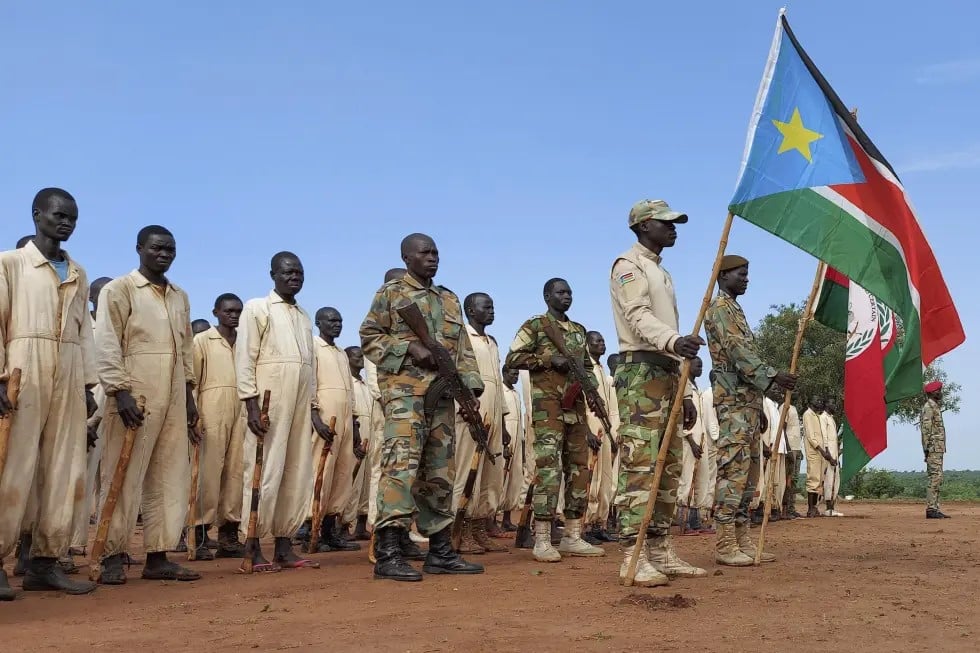
South Sudan celebrated 13 years of independence on July 9. During that short period, the country endured a seven-year civil war. Photo: AP
"Independence is just something that we can say happened, but we cannot confirm that in fact African countries were completely independent," Associate Professor Codjo told DW.
For Ghanaian political analyst Fidel Amakye Owusu, it is a case-by-case matter. Namibia, for example, appears to have fared significantly better than South Sudan, despite both African nations having similar paths to independence.
“The type of independence that these African nations had depended on the colonial power that was ruling a particular territory,” said Mr. Owusu.
South Sudan serves as a cautionary tale
Africa’s youngest nation, South Sudan, celebrated 13 years of independence on July 9. However, in that short time, the country has endured a seven-year civil war. In 2017, the United Nations declared a nationwide famine in South Sudan. Added to that, years of political infighting have made life for the people here truly miserable.
South Sudanese international development scholar James Boboya told DW that initially, the country was optimistic. However, that quickly changed.
“When we gained independence, we had civil servants and armed forces who worked for more than eight months without pay,” said Boboya. “What the government inherited from Sudan was chaos, lack of services, corruption and poor management of resources.”
All these factors have led to “minority problems, lack of freedom and lack of development,” Mr Boboya added.
However, analyst Owusu said many of South Sudan's problems are directly linked to the nature of its politics. "Because of war and instability, the country is not developing. The lesson is that if you don't have unity, if you don't have internal cohesion, you cannot develop," he said.
Boboya said that lack of political will and genuine leadership was at the core of the continuing nature of failures in South Sudan, adding that key security institutions in the country needed to have a focused, unified mandate.
"The government must address the issue of civil state reform so that we have one army, one police, one national security agency and one intelligence agency that are responsible for the security of South Sudan," said Boboya.
Kingsley Sheteh Newuh, a political economist from Cameroon, agrees that South Sudan’s institutions need to be strengthened from within. “The lack of strong, independent institutions has led to poor governance, inefficiency and corruption,” Newuh said.
Leadership quality is a key factor for success
But for Newuh, there is also an intangible factor at play: leadership. While the legacy of historical issues can challenge the trajectory of any newly independent nation, Newuh believes that leadership plays a vital role in statecraft—especially as a new nation seeks to develop its own identity.
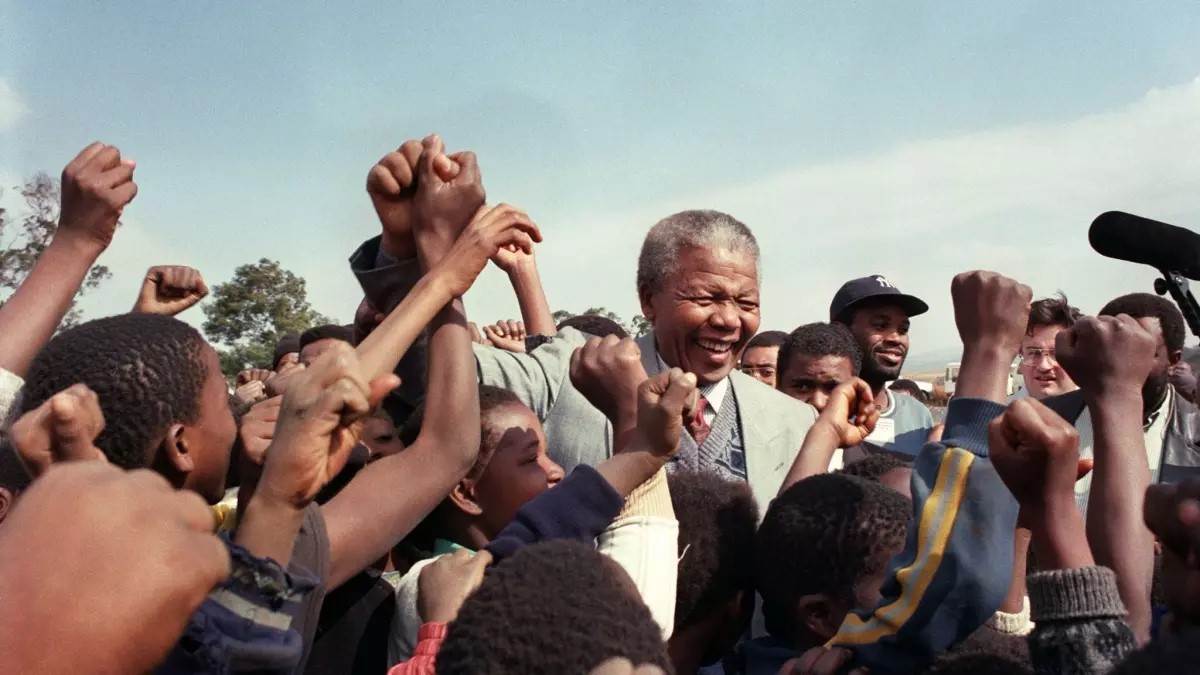
Not every African country has an outstanding leader with the heart and vision like Nelson Mandela in South Africa. Photo: LA Times
"Political leadership has been a double-edged sword in post-independence Africa. While visionary leaders such as Nelson Mandela, Julius Nyerere and Kwame Nkrumah have played a significant role in promoting national unity, social development and economic progress, on the other hand, poor leadership, characterised by corruption, nepotism and authoritarianism, has contributed significantly to the failure of many other African countries."
Newuh added that leaders who value personal power over national development tend to face more serious problems such as poverty, conflict and underdevelopment.
South Sudanese scholar Boboya shares a similar view of leadership in the context of his country. “There were a lot of warlords and individual political leaders who took advantage of the situation, and they started encouraging rebellions all over South Sudan,” Boboya said, noting that this was a major factor in “eroding” the country’s independence gains.
Lessons from colonialism to genocide
But historical narratives also play an important role in assessing the progress of different African nations. In particular, Owusu believes it is important to pay attention to exactly how different nations achieved independence.
“For example, the way the United Kingdom granted independence to South Africa was different from the way it did in West Africa,” he said. “And it took a coup in Portugal before it granted independence to its colonies in Africa,” Owusu added, noting that the different African nations’ journeys to sovereignty depended heavily on the political context of their respective colonizers at the time.
However, some believe it is time to step out of the shadow of colonialism and look at real success stories in Africa.
“When it comes to roads and cleanliness, many people admire Rwanda. When it comes to agriculture, Uganda offers the best system. And the ability to question the government, as seen in Kenya, is something that South Sudanese want,” Boboya said.

Malawi celebrated 60 years of independence on July 6. Despite no ongoing conflict, it is the fourth poorest country in the world. Photo: Malawirelief
Political analyst Owusu agreed that Rwanda's specific example could inspire other African countries, noting that the small East African nation has demonstrated that a country can overcome dire situations like Rwanda's 1994 genocide against Tutsis and moderate Hutus to achieve stability and development.
However, he added, Rwanda had not solved all its problems. "It is one of the poorest countries in Africa with high youth unemployment and the economy is still unstable," he said.
But not all development challenges and gaps stem from conflict. Malawi, for example, celebrated its 60th anniversary of independence on July 6. Despite the absence of ongoing conflict, the World Bank ranks the country as the fourth poorest in the world, with 70 percent of Malawians living on less than $2.50 a day.
Owusu believes Malawi's plight is directly linked to the country's colonial past: "The British colonial rulers did not provide them with good education. They used forced labour," he explains, adding that similar patterns occurred in Mali and Burkina Faso when both countries separated from France in 1960.
What opportunities does Africa have to rise?
Entering the 21st century, Africa is facing a host of new challenges without resolving problems that have existed since the colonial era.
Newuh said corruption was still rampant in many African countries and stressed that “it needs to be addressed because it creates a vicious cycle of underdevelopment, poverty and political instability in many African countries”.

Africa's large and increasingly dynamic young generation promises to be a force that can change the face of the continent. Photo: World Bank
Political analyst Owusu believes that “environmental issues due to global warming” need to be addressed first, as the African continent is suffering the most from the consequences of global warming. “And youth unemployment is also holding the continent back,” he added.
However, despite all these challenges, Boboya believes that there is reason to be optimistic, as the future lies in the hands of the youth. “Young people must mobilize themselves to take leadership, to ensure that they liberate these countries from the current failure of leadership,” he said.
According to the United Nations, in the next decade, at least one-third of all young people aged 15 to 24 in the world will be African, making this continent the place with the largest workforce in the world, surpassing China and India.
Young Africans are also better educated and more connected than ever: 44% graduated from high school in 2020, up from 27% in 2000, and more than 500 million are using the internet daily.
Access to technology and communication with the world will be the driving force for the young generation of Africa to change their fate, and of course, that of the struggling countries on the continent.
Nguyen Khanh
Source: https://www.congluan.vn/tai-sao-doc-lap-la-khong-du-doi-voi-mot-so-quoc-gia-chau-phi-post305427.html


![[Photo] General Secretary To Lam receives King Philippe of Belgium](https://vstatic.vietnam.vn/vietnam/resource/IMAGE/2025/4/1/e5963137a0c9428dabb93bdb34b86d7c)


![[Photo] Prime Minister Pham Minh Chinh meets with King Philippe of Belgium](https://vstatic.vietnam.vn/vietnam/resource/IMAGE/2025/4/1/be2f9ad3b17843b9b8f8dee6f2d227e7)
![[Photo] Close-up of Vietnam's sniffer dog team searching for earthquake victims in Myanmar](https://vstatic.vietnam.vn/vietnam/resource/IMAGE/2025/4/1/d4949a0510ba40af93a15359b5450df2)
![[Photo] President Luong Cuong and King Philippe of Belgium visit Thang Long Imperial Citadel](https://vstatic.vietnam.vn/vietnam/resource/IMAGE/2025/4/1/cb080a6652f84a1291edc3d2ee50f631)


















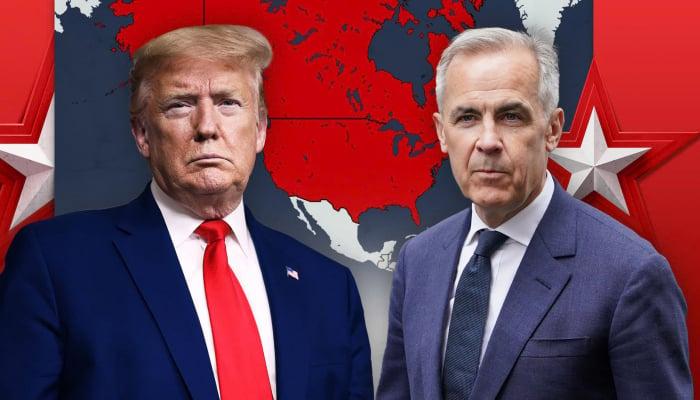



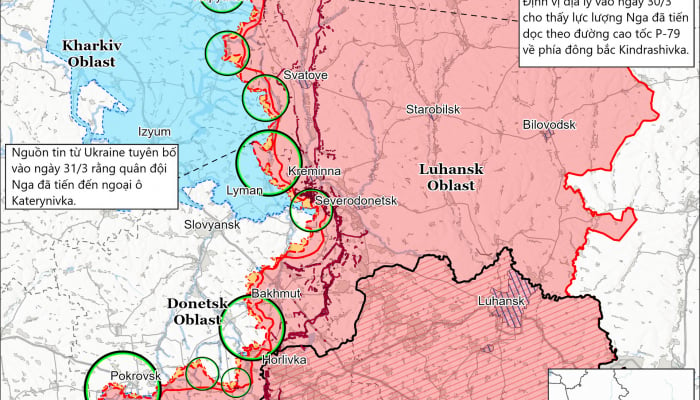
![[Photo] Myanmar's capital in disarray after the great earthquake](https://vstatic.vietnam.vn/vietnam/resource/IMAGE/2025/4/1/7719e43b61ba40f3ac17f5c3c1f03720)







































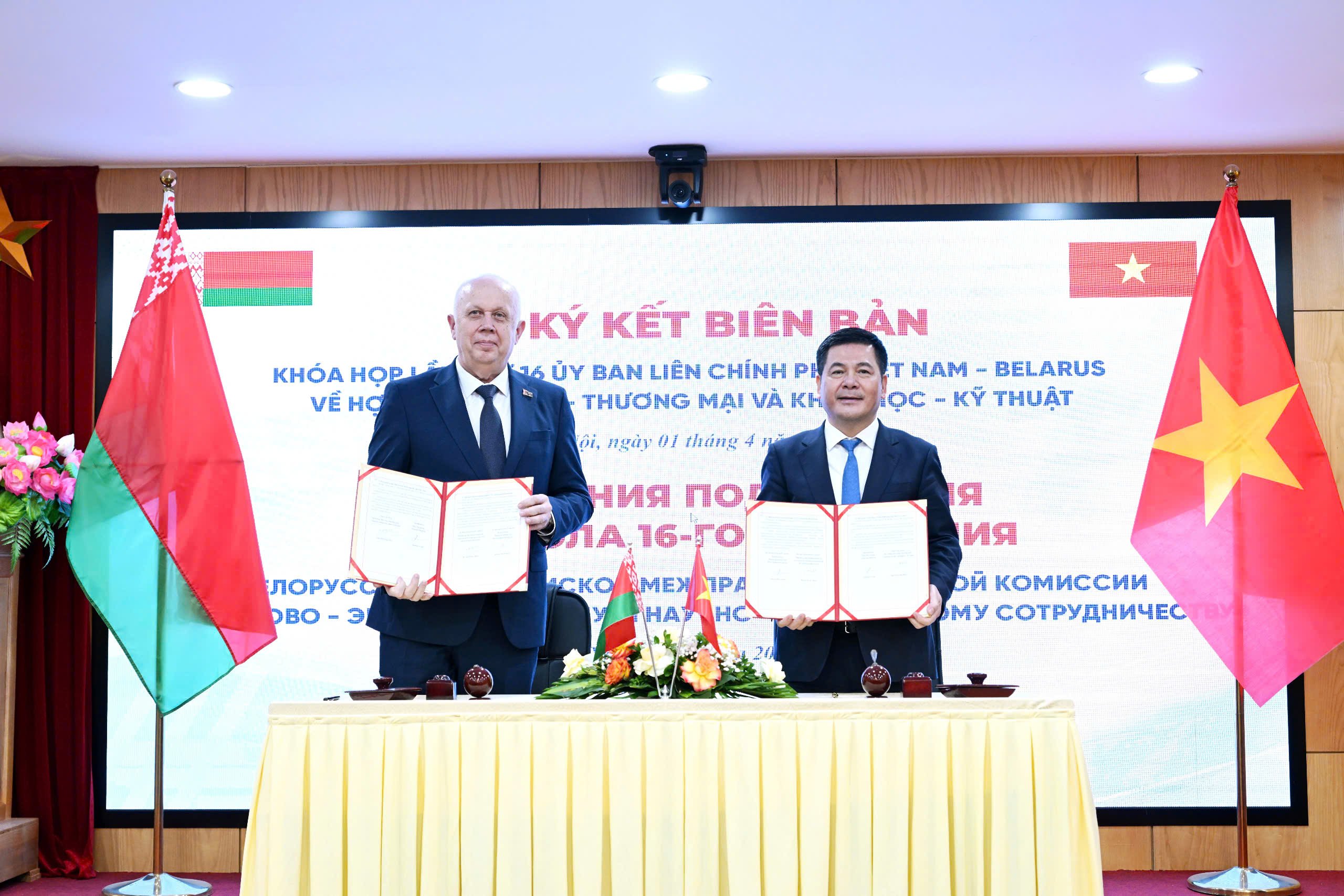



![[6pm News] Of the 40 newly discovered gold mines, 4 are in Thanh Hoa](https://vstatic.vietnam.vn/vietnam/resource/IMAGE/2025/4/1/08644991aa1b4030a549159f2f87c0d6)






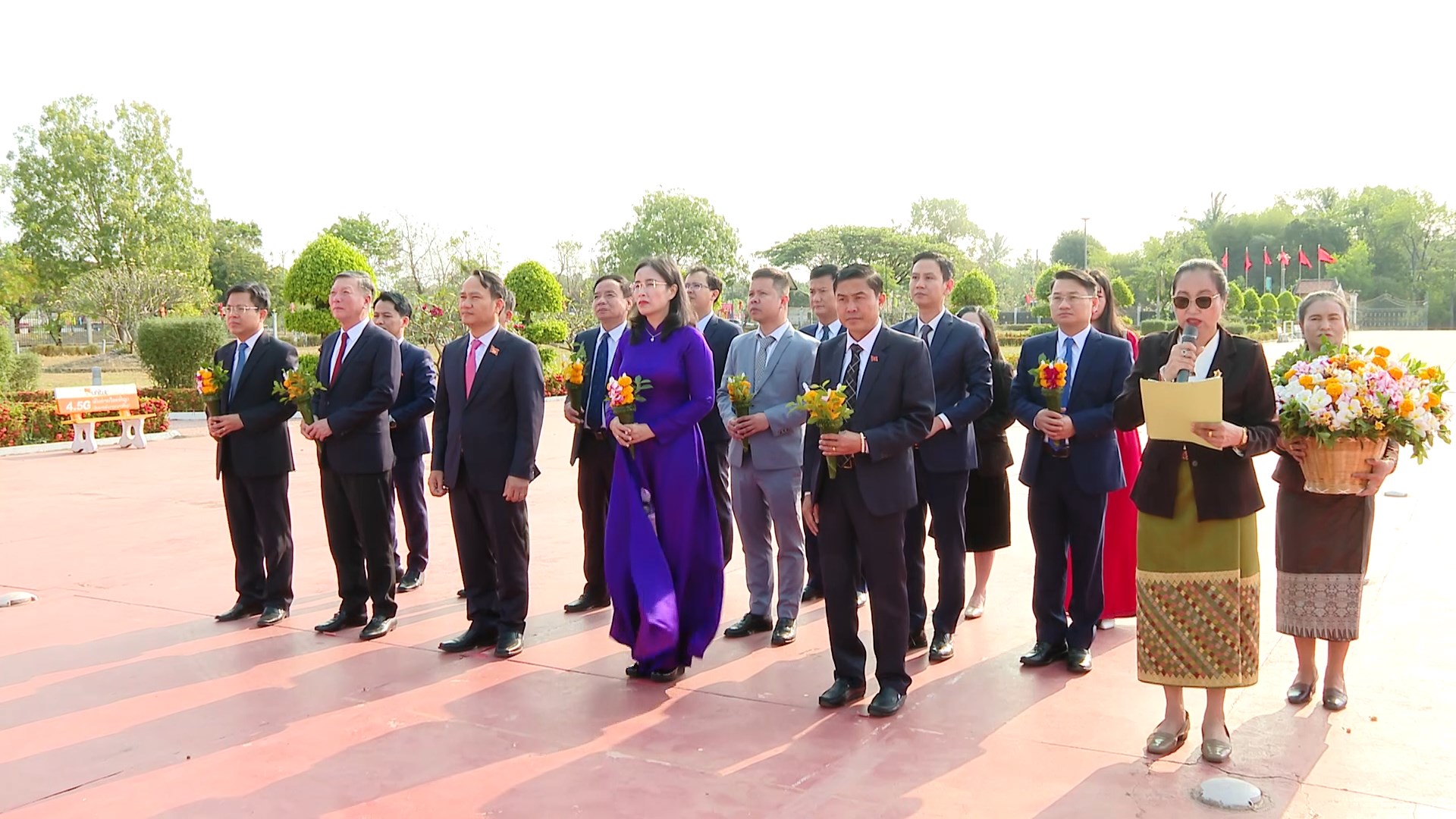











Comment (0)